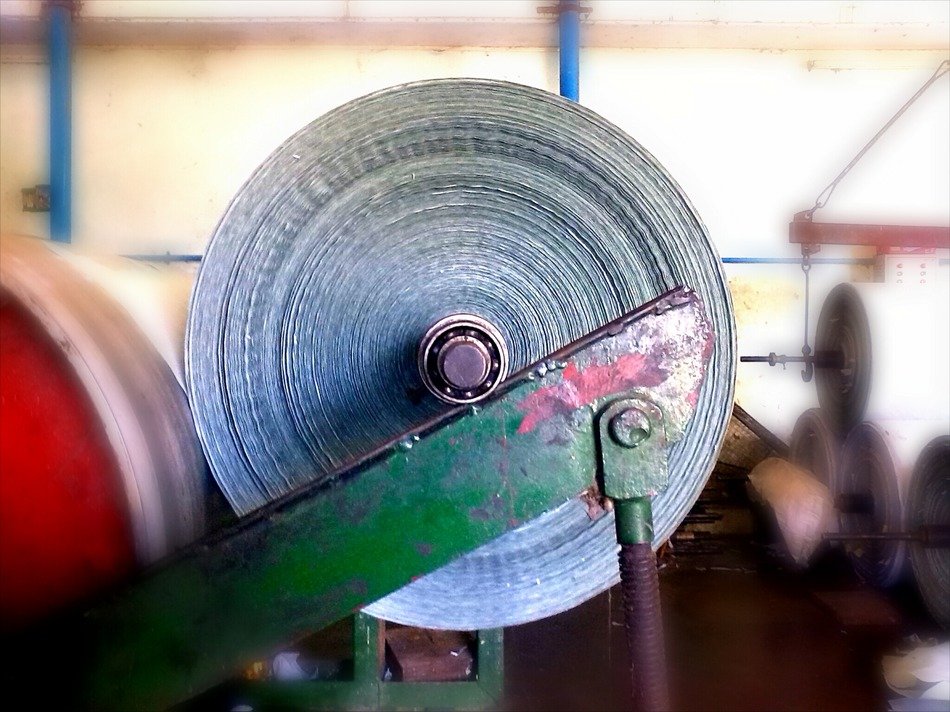A top intelligence official in the Obama administration failed to adequately credit a research assistant for a 2015 book but eventually relented after the grad student refused to back down about the slight, Retraction Watch has learned.
Gregory Treverton, who served as chairman of President Obama’s National Intelligence Council, wrote “National Intelligence and Science: Beyond the Great Divide in Analysis and Policy” with Wilhelm Agrell, a Swedish political scientist. At the time, Treverton was at the RAND Corporation, and he enlisted the help of Tyler Lippert, then a student at the Pardee RAND Graduate School and a RAND analyst.
According to Lippert, Treverton used extensive passages of text that Lippert provided to him with no acknowledgment that Lippert had done the work. Emails between Lippert and Treverton obtained by Retraction Watch show an increasingly acrimonious exchange between the two scholars.
Continue reading Obama intelligence official shortchanged grad student in 2015 book








